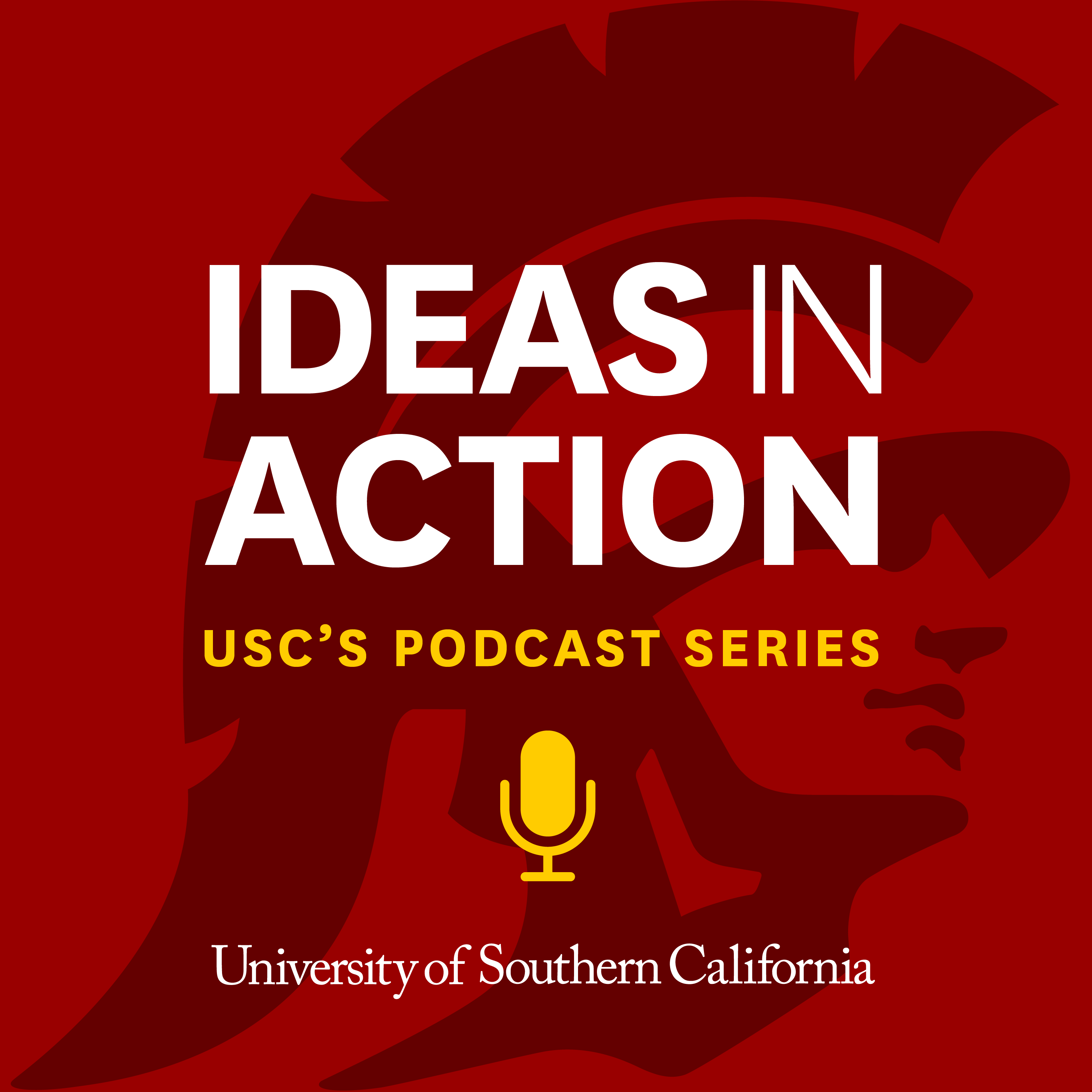Aren’t We American? Race, Class, Immigration, and Citizenship

How do race and class impact what it means to be American today? What do citizenship and immigration look like in the current context of “America first” and “nationalism”? A diverse panel of experts from the University of Southern California will discuss these and other questions in this timely and critical conversation.conversation. Recorded live on USC's campus on April 14, 2019.
PANELISTS
Juan De Lara is an assistant professor of American Studies and Ethnicity at USC. His most recent book, Inland Shift: Race, Space, and Capital in Southern California (2018), uses global commodity chains and logistics to examine how race, class, and twenty-first-century capitalism reshaped Southern California between 1980 and 2010. His forthcoming book, Data, Race, and Social Justice, will examine the growing use of data science and integrated technologies by state actors to manage and to mitigate socio-economic differences.
Sam Erman is an associate professor at the USC Gould School of Law and scholar of history of law whose research focuses on race, citizenship, and constitutional change. He is the author of Almost Citizens: Puerto Rico, the U.S. Constitution, and Empire (2018). His work has also appeared in top journals in law and history, including the Michigan Law Review, California Law Review, Southern California Law Review, and Journal of American Ethnic History.
Elda María Román is an assistant professor of English at USC. As a scholar in literary and cultural studies, she researches race and class, examining their effects across ethnic groups and through scholarship across disciplines. She has published articles on Latinx and African American cultural production and is the author of Race and Upward Mobility: Seeking, Gatekeeping, and Other Class Strategies in Postwar America (2017). Her current project examines contemporary narratives about fears of changing demographics.
Duncan Ryuken Williams is professor of Religion and East Asian Languages and Cultures at USC and director of the USC Shinso Ito Center for Japanese Religions and Culture. Williams is the author of The Other Side of Zen: A Social History of Sōtō Zen Buddhism in Tokugawa Japan (2004) and his latest book, American Sutra: A Story of Faith and Freedom in the Second World War (2019), looks at Buddhism and the Japanese American internment.
Jody Agius Vallejo (moderator) is associate professor of Sociology and American Studies and Ethnicity and associate director of the Center for the Study of Immigrant Integration at USC. Her book, Barrios to Burbs: The Making of the Mexican American Middle Class (2012), examines mobility mechanisms, socioeconomic incorporation, racial/ethnic and class identities, patterns of giving back to kin and community, and civic engagement among middle-class Mexican Americans. A second book, in progress, investigates the rise of the contemporary Latino elite in the U.S.